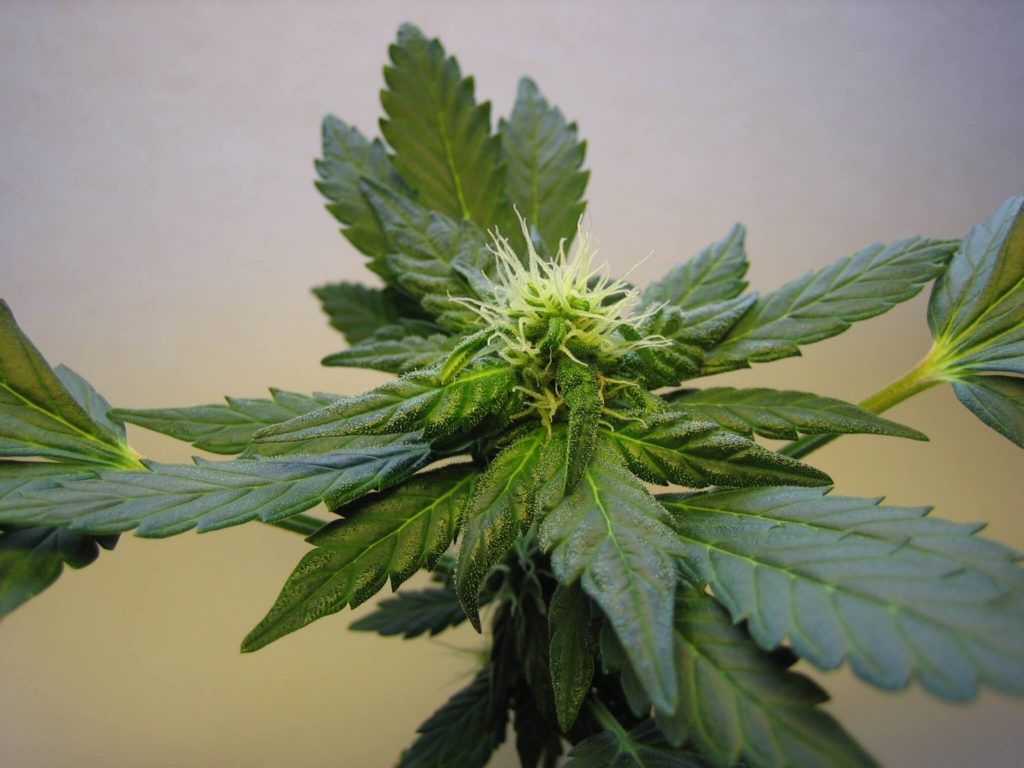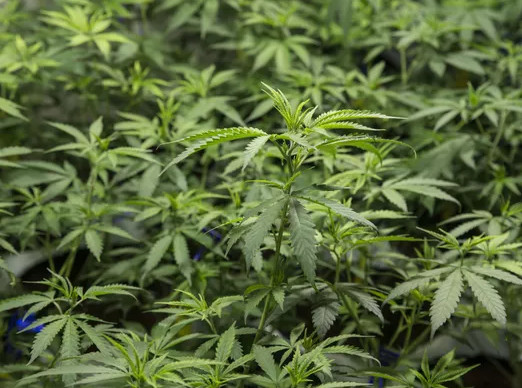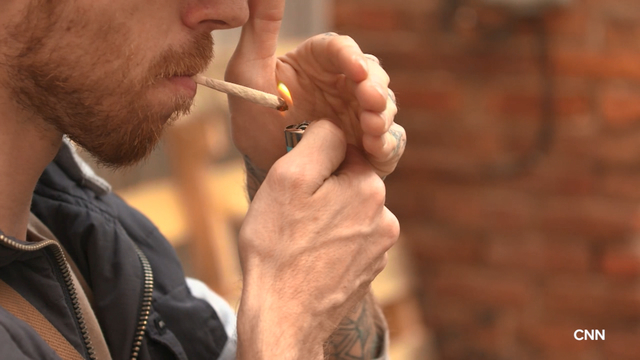An experimental drug derived from cannabis to treat epilepsy is on the brink of becoming the first of its kind to win US government approval.
The drug is called Epidiolex, and its active ingredient is cannabidiol, the compound in marijuana thought to be responsible for many of its therapeutic effects.
Since cannabidiol doesn’t contain THC, the main psychoactive ingredient in marijuana, it doesn’t get users high. But it does appear to help reduce seizures in one of the hardest-to-treat forms of epilepsy, known as Lennox-Gastaut Syndrome or LGS.
That’s according to new findings released this month from a large clinical study, which will be presented at the American Academy of Neurology’s yearly meeting in Boston. For the study, researchers looked at 225 young people with LGS. The participants were all having nearly 100 drop seizures each month and had already tried a handful of epilepsy drugs that failed to help. The subjects were split into groups and given a high dose of the cannabidiol, a lower dose, or a placebo for 14 weeks.
Those are significant and promising findings. They build on some previous research the company behind the drug, GW Pharma, did last year in people with a rare form of severe epilepsy called Dravet syndrome. For that study, those given the drug saw their monthly convulsive seizure rate drop by more than a third, while those given the placebo saw a reduction of only 13%.
According to the Centers for Disease Control and Prevention, epilepsy affects more than 4.3 million Americans. Among these millions, however, various types and forms of epilepsy exist — and everyone reacts to treatments differently. GW Pharma, which aims to submit its new drug application to the FDA later this year, is exploring treatments for various forms of epilepsy, but this drug would likely be aimed at treating only specific types.














